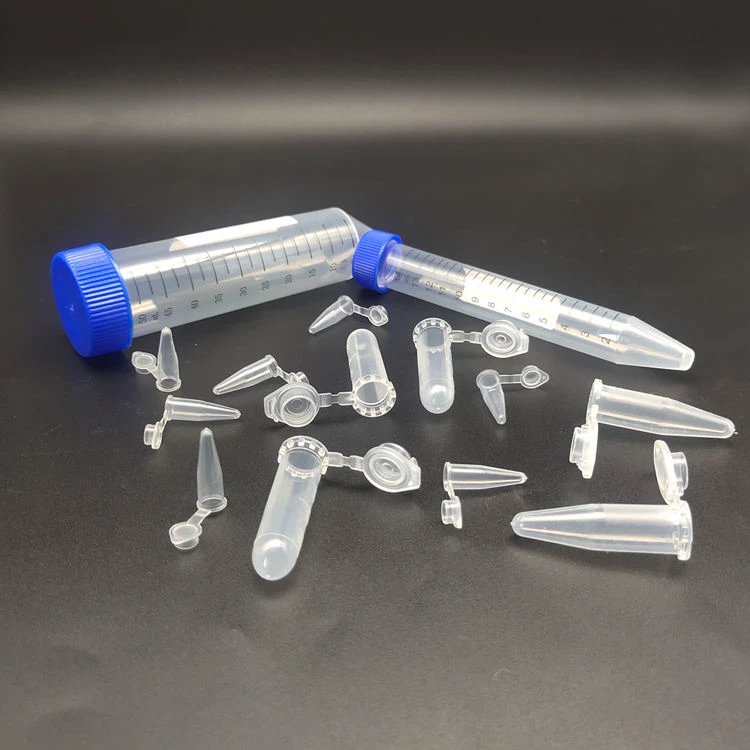PTFE Centrifuge Tubes for Enhanced Chemical Resistance and Laboratory Performance
The Versatility and Importance of PTFE Centrifuge Tubes in Modern Laboratories
Centrifuge tubes are essential components in various laboratory settings, used predominantly for the separation of substances based on density. Among the multitude of options available, PTFE (Polytetrafluoroethylene) centrifuge tubes have gained popularity due to their unique properties and exceptional performance. This article explores the advantages, applications, and significance of PTFE centrifuge tubes in scientific research and industrial applications.
Understanding PTFE
PTFE, commonly known by its brand name Teflon, is a synthetic fluoropolymer that is known for its non-reactive and non-stick properties. It was discovered in 1938 and has since become an integral part of various industries due to its unique characteristics, such as high chemical resistance, impressive thermal stability, and low friction properties. These features make PTFE an ideal material for use in centrifuge tubes, where substances may be aggressive or require sterile environments.
Advantages of PTFE Centrifuge Tubes
1. Chemical Resistance One of the standout features of PTFE centrifuge tubes is their exceptional resistance to a wide range of chemicals. They can handle strong acids, bases, and organic solvents without degrading or reacting, making them suitable for various applications, including molecular biology, chemistry, and material science.
2. Thermal Stability PTFE can withstand extreme temperatures, operating effectively in a range from -200°C to 260°C (-328°F to 500°F). This thermal tolerance allows for versatile usage in diverse experimental conditions.
3. Low Surface Energy The low surface energy of PTFE results in a non-stick surface, which minimizes sample loss and ensures accurate results. It prevents sample adhesion within the tubes, allowing for efficient recovery of materials post-centrifugation.
4. Sterility PTFE can be easily sterilized, making it suitable for applications in biological research and clinical laboratories where contamination could skew results. The ease of sterilization adds an additional layer of reliability to experiments and analyses involving sensitive materials.
ptfe centrifuge tubes

5. Durability PTFE centrifuge tubes exhibit outstanding mechanical strength and durability. They are less prone to breakage compared to glass or plastic alternatives, which reduces the risk of hazardous spills and enhances laboratory safety.
Applications of PTFE Centrifuge Tubes
Given their favorable characteristics, PTFE centrifuge tubes have a wide array of applications
- Biotechnology and Molecular Biology PTFE tubes are valuable in DNA and RNA extraction processes, where reactive agents are utilized. Their chemical inertness ensures that the integrity of the nucleic acids is maintained throughout the procedure.
- Environmental Testing In environmental laboratories, PTFE centrifuge tubes are used for analyzing soil and water samples. The tubes can withstand aggressive solvents and acids, making them ideal for detecting contaminants without the risk of tube degradation.
- Pharmaceutical Research The pharmaceutical industry relies on PTFE centrifuge tubes during the formulation and testing of drugs, especially when dealing with potent active ingredients that are often reactive.
- Material Science Researchers in material science use PTFE tubes for various experiments where heat and chemical resistance are imperative.
Conclusion
PTFE centrifuge tubes are more than just laboratory equipment; they represent a convergence of innovation and practicality. The ability to withstand harsh conditions while maintaining integrity makes them indispensable across various scientific fields. As laboratories continue to push the boundaries of research, the demand for such versatile and reliable tools will only increase, solidifying the essential role of PTFE centrifuge tubes in modern science.
-
Aesthetic Makeup Spray Bottles | Fine Mist Empty RefillableNewsAug.19,2025
-
White Plastic Veterinary Vaccine Vials | Lab Liquid BottlesNewsAug.18,2025
-
Plastic Medicine Liquid Bottle: Secure Flip Top Drug VialsNewsAug.17,2025
-
Durable 250ml Blue Plastic Vaccine Vial for Lab & Vet UseNewsAug.16,2025
-
Sterile Virus Sample Tubes: Secure & Reliable Specimen CollectionNewsAug.15,2025
-
White 250ml Plastic Vaccine Vial for Lab & Vet MedicineNewsAug.14,2025
























